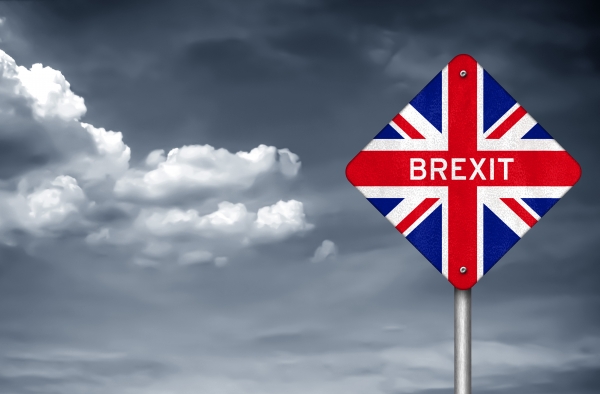THE NEW EU-UK RELATIONSHIP
1 January 2021

With COVID-19 and the US presidential transition dominating the global news cycle, one could be forgiven for overlooking Brexit in recent weeks. But despite distractions, the UK officially left the EU on 1 January 2021, with a trade and cooperation agreement finalised at the eleventh hour. The deal makes provisions for the trade of goods, which are tariff and quota-free on all goods complying with the appropriate rules of origin, as well as for other areas like investment, competition, state aid, data, energy, and sustainability.
Now that the UK is no longer an EU member, the EU-UK relationship will be governed by the EU-UK Trade and Cooperation Agreement. The terms of this agreement have an impact on a wide variety of issues that could be relevant for printers, such as trade, customs, VAT, environmental protection and labour protection. The full text of the agreement can be downloaded here in all EU languages. Intergraf has analysed the agreement to clarify the new situation for printers.
“Intergraf is committed to representing the European printing industry in the widest interpretation of the word. We will continue to support British companies as we do our other members outside of the EU.”
Beatrice Klose, Secretary General of Intergraf
First of all, the rules of trade of printed products between the EU and UK have changed. Bilateral trade will be duty-free and quota-free, but only if rules of origin are satisfied (goods are of EU or UK origin). Goods manufactured (partially or entirely) in a third country must demonstrate certain credentials to benefit from the preferential trade rules. Anything not meeting the agreed standard will be subject to normal WTO import tariffs.
As well as this, customs requirements between the EU and UK have changed. Customs formalities, like those applied to the trade of goods with any other third countries, now apply (with the exception of EU companies trading directly with Northern Ireland).
There are also new VAT rules, as EU rules no longer apply in Great Britain (NI again is not included). Imports into the EU are now subject to VAT in the concerned Member State. Exporting EU companies are generally exempt from VAT, although it must be proven that the goods have left the EU.
Moreover, both the EU and the UK have agreed to non-regression clauses on environmental protection and on labour protection and qualifications - but only where it affects trade or investment. Environmental areas that are protected include climate, industrial emissions, waste management and chemical pollution. Labour areas that are protected include temporary business travel and intra-company transfers. There is, however, no agreement on the mutual recognition of qualifications, nor does the agreement prevent the imposition of licensing or qualification requirements which may affect the trade of services.
This preferential agreement is undoubtedly better than the no-deal scenario (which appeared frighteningly close as 2020 drew to a close), but the new EU-UK relationship is not comparable to EU membership. There are new rules and obligations which printing companies importing/exporting between the EU and UK must now adhere to which they did not have to before.
Intergraf will continue to support both EU and UK-based printers to ensure our industry's smooth transition into this new relationship.
Intergraf has published a Guide to the EU-UK Trade and Cooperation Agreement for our members. You will find more information here.
{K2Splitter}





